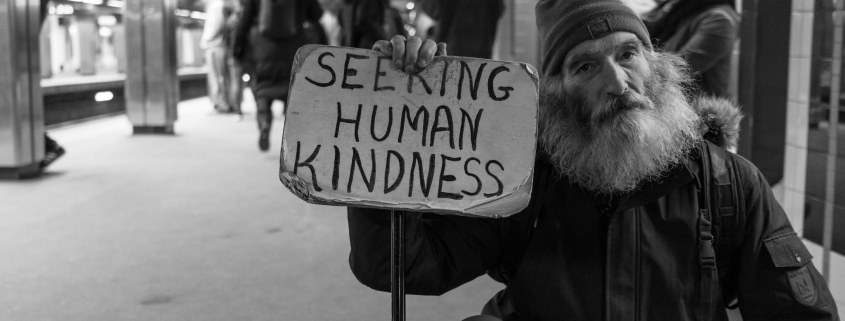Unhoused in Los Angeles: A crisis in need of action

From its roots to present day, Los Angeles has become known as the entertainment capital of the world. Yet, hidden under its glitz and glamor, the overwhelming crisis of homelessness has grown worse and become a focal point of the national dialogue around the issue. With one of the largest unhoused populations in the United States, according to U.S. News, L.A. has close to 70,000 homeless individuals living on the streets. A dire situation like this needs urgent attention from city officials and the public alike.
Homelessness is not simply just a problem in Los Angeles, but a national issue that has been exacerbated by the coronavirus pandemic. From widespread job loss to income shortages and lack of affordable housing, the consequences the pandemic has had on homelessness are shown by the daily increase in the number of unhoused individuals all throughout the city.
The impacts of homelessness are not only felt by those who are within this population, but also by a wider community. As a result of their needs, homeless individuals may seek medical and mental health services, and this strains the healthcare system.
However, in reality, most cannot find the help they need, as the Centers for Disease Control and Prevention has shown that homelessness is highly connected with cases of HIV infection, drug abuse and other conditions that are not being properly addressed given the barriers to care and limited available resources. Homelessness has also shown to induce criminal activity, which can lead to higher crime rates in particular areas. Furthermore, according to the Los Angeles Times, “By looking at the rate of homeless per 1,000 people, they found communities with the highest housing costs had some of the highest rates of homelessness, something that might be overlooked when looking at just the overall raw number of homeless people.”
The current misconceptions of homelessness not only impacts those who are currently unhoused, but also those are currently living in areas with high rates of homelessness. The issue isn’t with the unhoused population, the issue is the lack of affordable housing and the limited actions we’ve been taking to fully address the issue.
For a long time now, city officials have attempted to address the issues of homelessness in Los Angeles through multiple efforts, especially with the Los Angeles Homeless Services Authority helping fund local outreach events like food banks, creating housing programs and building emergency shelters. However, various downstream levels of effort throughout the city have fallen short in truly fixing the roots of homelessness, which involve poverty, mental health and drug-related issues and other upstream factors.
To effectively combat this issue in L.A., a more comprehensive and coordinated approach that involves non-profit organizations, private businesses and the public can be used to drive progress in developing better job opportunities, more access to healthcare and health services, more affordable housing, and ultimately addressing the root causes of homelessness. It is important to also bring into discussion the stigma that surrounds homelessness and to emphasize the need to view unhoused individuals as people who deserve support, respect, and dignity just like everyone else. It is through awareness campaigns and meaningful education through which others can understand how to express compassion to those simply finding a place to call home.
At USC, the Undergraduate Student Government can play a role in addressing homelessness through various approaches, such as advocating policy changes, raising awareness and organizing fundraisers or volunteer activities. In fact, student organizations such as the Service Student Assembly and Trojan Shelter have organized events allowing for students to help volunteer in helping the needs of the homeless population within the community. But beyond USC, students can be part of organizations in Los Angeles, such as Meals on Wheels West, Food on Foot and The Midnight Mission. These organizations provide a range of assistance, from food banks to emergency shelters, and rely on volunteers and donations to combat homelessness.
In all, L.A.’s growing crisis of homelessness, and all sectors of society can work together to coordinate immediate action. It is through our own communities where we can work together in finding solutions that benefit everyone, including homeless individuals. Although there have been past efforts by both USC and its students, there should be more highly-encouraged systems to donate unused food and meal swipes to shelters in the Los Angeles area. Pushing for our administration as well as our student government representatives to create better outlets to truly give back to those in need in our area is one step forward. Similarly, there are also clubs and organizations on campus that dedicate their time and resources to community outreach like the USC Volunteer Center, a group that hosts events that serve both the student body and the community, with events like Friends & Neighbors Day, where students are introduced to a plethora of non-profit organizations that they are invited to volunteer with.
Amidst the sounds of the bustling city of Los Angeles, the spread of homelessness is a mere representation of the systematic failures and societal neglect present in this world, but through our own capabilities, we can bring a sense of belonging to those who have been long forgotten in the shadows behind the bright lights and dreams of L.A.

